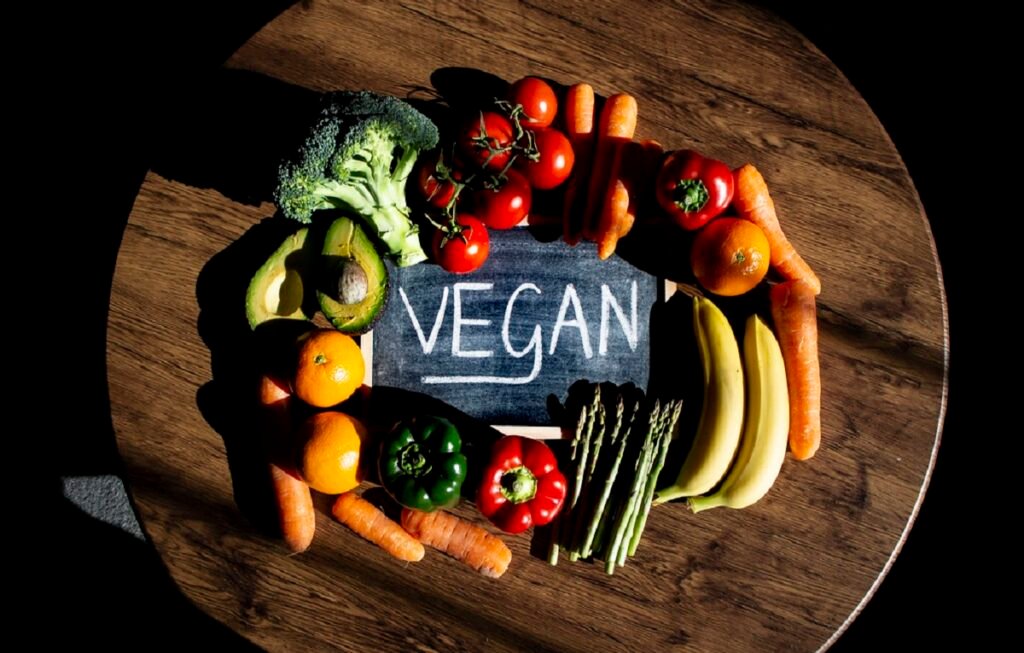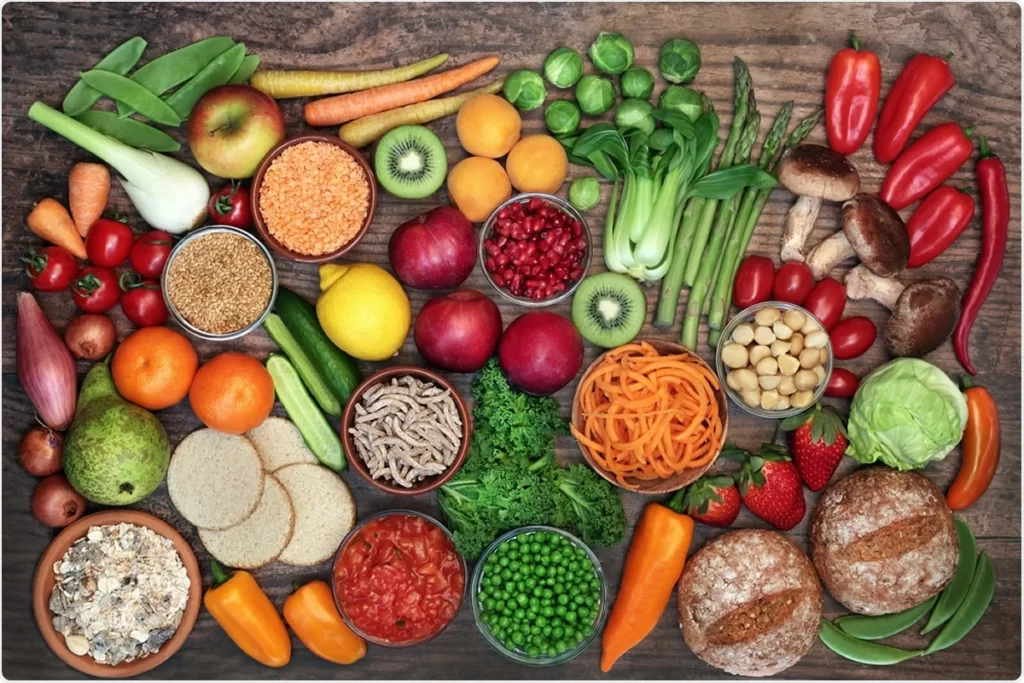As January unfolds, many individuals are taking on the challenge of Veganuary, committing to a month-long vegan lifestyle. The surge in interest toward plant-based diets prompts questions about its impact on health, raising the query: Is embracing a vegan diet a healthy choice, and how does it stack up against a non-vegetarian diet? We delved into the matter, consulting nutritionists for their insights.
Nutritionists affirm that a well-planned vegan diet can offer numerous health benefits. Emma Turner, a registered dietitian, states, “A vegan diet, when properly balanced, can provide essential nutrients while reducing the risk of chronic diseases.” She emphasizes the importance of variety, urging individuals to include a diverse range of fruits, vegetables, grains, and plant-based proteins in their diet.
One notable advantage of a vegan diet is its potential to aid weight management. Dr. James Robinson, a nutrition expert, asserts, “A plant-based diet tends to be lower in calories and saturated fats, which can contribute to weight loss and improved heart health.” The abundance of fiber in plant-based foods also promotes satiety, reducing the likelihood of overeating.
Moreover, vegans often experience improved blood sugar control and a reduced risk of type 2 diabetes. Nutritionist Sarah Mitchell explains, “Plant-based diets have been associated with lower insulin resistance and better glycemic control, making them beneficial for individuals with or at risk of diabetes.”
While the positives are evident, experts caution that a vegan diet requires careful planning to avoid nutritional deficiencies. Dr. Lisa Williams highlights the importance of supplementing Vitamin B12, as it is primarily found in animal products. “Vegans must be vigilant about obtaining adequate B12 through fortified foods or supplements to prevent anemia and neurological issues,” she warns.
More About Veganuary Health

Calcium and iron are other nutrients that may be lacking in a vegan diet. Turner advises, “Incorporating fortified plant milk and green leafy vegetables can help meet calcium needs, while pairing iron-rich plant foods with vitamin C-rich sources enhances iron absorption.”
Critics of veganism often argue that obtaining sufficient protein can be challenging without meat consumption. However, nutritionists dispel this concern, emphasizing the availability of plant-based protein sources such as legumes, tofu, and quinoa. “With proper planning, vegans can easily meet their protein requirements through a combination of different plant foods,” Robinson assures.
Despite the potential health benefits, some experts caution against the one-size-fits-all approach. Dr. Rachel Evans stresses, “A vegan diet may not be suitable for everyone, especially children, pregnant or lactating women, and individuals with certain medical conditions. It’s crucial to consult with a healthcare professional or registered dietitian before making significant dietary changes.”
Comparing a vegan diet to a non-vegetarian one, nutritionists note that both can be healthy if well-balanced. Dr. Mark Stevens, a nutrition researcher, remarks, “The key lies in making mindful choices and ensuring that the diet is rich in essential nutrients, regardless of its plant or animal-based composition.”

Nonetheless, concerns are raised about potential nutrient imbalances in a non-vegetarian diet, particularly excessive intake of saturated fats and cholesterol. Turner advises moderation, stating, “Including lean meats, fish, and dairy in appropriate amounts while prioritizing whole foods over processed options is essential for a balanced non-vegetarian diet.”
Despite the nutritional considerations, the surge in interest in Veganuary reflects a broader societal shift towards sustainable and ethical eating. Many individuals are drawn to veganism not only for its potential health benefits but also for its positive environmental impact and ethical stance against animal cruelty.
Dr. Emily Foster, an environmental nutritionist, sheds light on the environmental advantages of a vegan diet. “Plant-based diets generally have a lower environmental footprint compared to diets rich in animal products,” she explains. “Reducing meat consumption can contribute to lower greenhouse gas emissions, conservation of water resources, and a more sustainable food system.”
In addition to the environmental benefits, embracing a vegan lifestyle aligns with ethical considerations surrounding animal welfare. Veganuary provides a platform for individuals to reevaluate their choices and make more compassionate decisions about the food they consume. Animal rights activist and nutritionist, Sarah Turner, emphasizes, “Choosing plant-based options promotes the welfare of animals and encourages a more humane approach to our relationship with the environment.”
However, it’s essential to recognize that a vegan diet doesn’t automatically translate to a healthy one. The availability of processed and vegan-friendly convenience foods can sometimes lead to a diet high in sugars, salt, and additives. Nutritionist Dr. Michael Ward advises, “Being vegan doesn’t mean exclusively relying on packaged vegan products. Whole, minimally processed foods should still form the foundation of any healthy diet.”
Furthermore, critics argue that a sudden switch to a vegan diet without adequate planning may result in nutrient deficiencies and an increased reliance on processed alternatives. “It’s not just about what you exclude from your diet; it’s about what you include to ensure a broad spectrum of nutrients,” cautions Dr. Rachel Evans.
As individuals embark on their Veganuary journey, it’s crucial to approach the challenge with awareness and education. Nutritionist Emma Turner suggests seeking guidance from reputable sources, adding, “Educate yourself about plant-based nutrition, experiment with new recipes, and discover the wide array of delicious and nutritious plant foods available.”
To address concerns about nutritional adequacy, some individuals choose to adopt a flexitarian approach, incorporating both plant-based and animal-derived foods into their diet. Dr. Mark Stevens notes, “Flexitarianism allows for flexibility while still emphasizing plant-based options. It’s a middle ground that can offer health benefits without the strict limitations of a fully vegan diet.”

